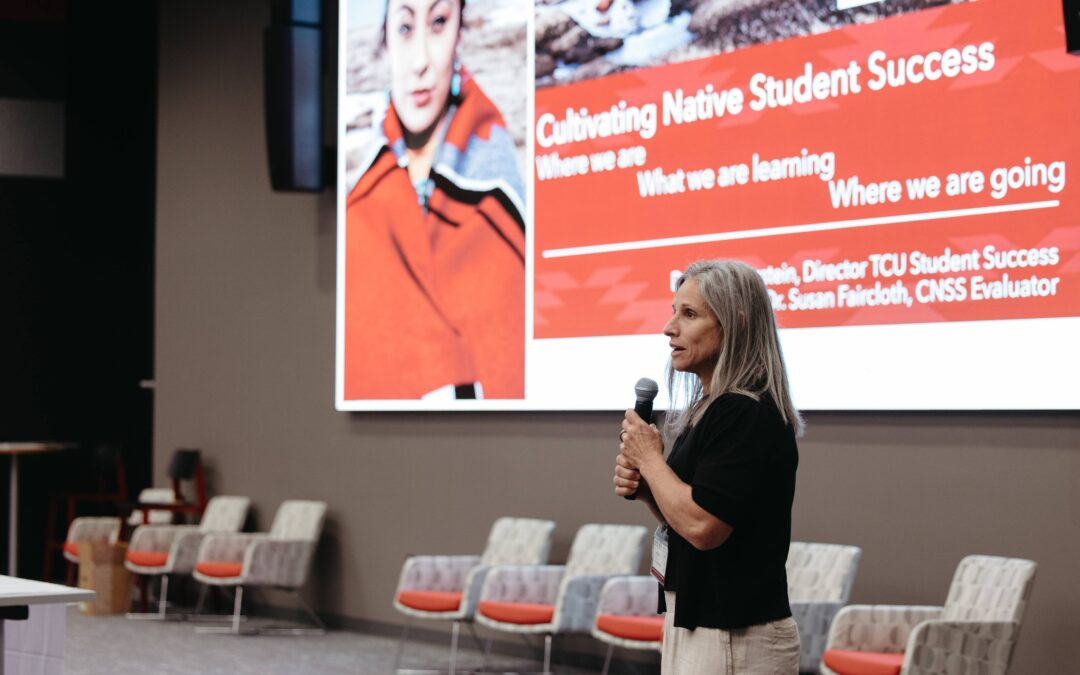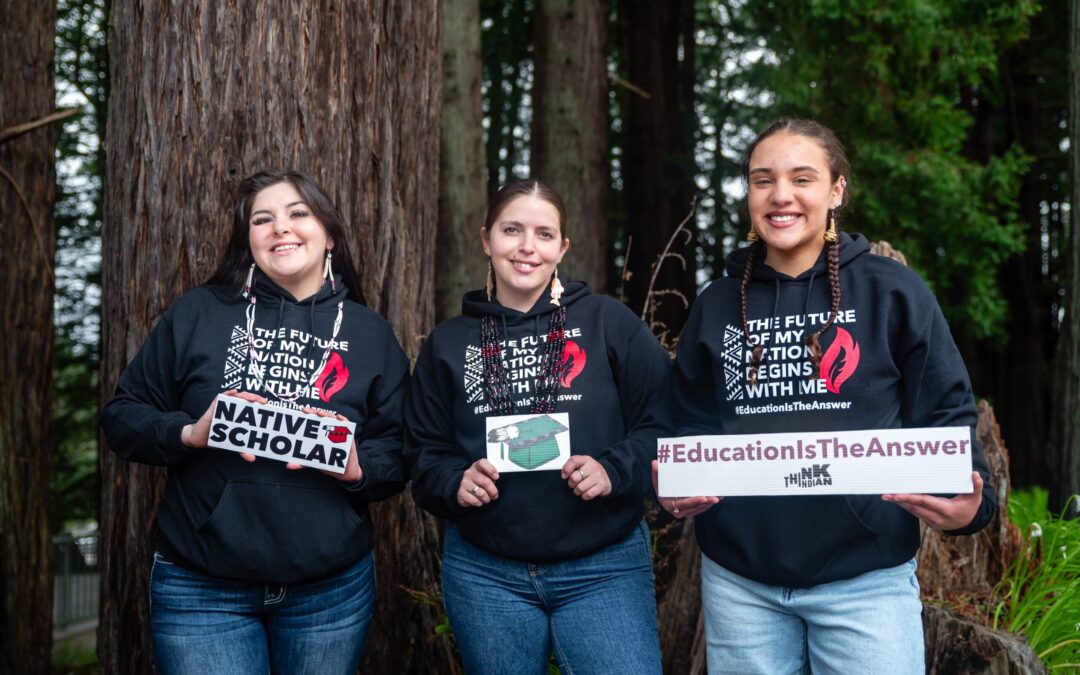College Fund Statement on Student Loan Forgiveness
by Cheryl Crazy Bull, President and CEO, American Indian College Fund
The College Fund is pleased that President Biden has announced a package of debt relief for current college students and graduates. Students who receive or received Pell grants are eligible for $20,000 in debt relief, while others who earn less than $125,000 a year or are in households with a combined income of less than $250,000 are eligible for $10,000 in debt relief. Affordable access to higher education for Indigenous students was lacking up until the 1960s and creating those pathways to higher education was the intention of the founders of the tribal college movement. In addition to creating tribal colleges and universities (TCUs), the TCU presidents and their allies established the American Indian College Fund (the College Fund) in 1989 to provide scholarships for Native students. President Biden’s announcement today bolsters their efforts to ensure that every Native student who wants a higher education can get one.
Sufficient financial resources are still unavailable for Native students, according to the National Study on College Affordability for Indigenous Students, released by the College Fund and three other National Native Scholarship Providers.
It is clear college loans are a deterrent to the financial health and well-being of Native students and graduates. Native students share the main reason they pursue a college education is to give back to their families and their Tribal communities. If graduates cannot afford to return home to work, they cannot give back. If student loans are a burden, graduates cannot build their families’ cultural and financial wealth. We want our people to be able to own homes, have retirement funds, and support cultural and social activities, such as name-giving and celebrations.
We appreciate the student loan relief program on behalf of our students and their families. Deferring repayments through the end of 2022 gives our students more time to recover from the devastations of the COVID-19 pandemic. And the forgiveness of student loans combined with state tuition waivers for Indigenous students and scholarships from the American Indian College Fund and other Native scholarship providers work together to make higher education more accessible for Native students.
As our tagline says, we know “education is the answer,” not just to personal and professional development, but also community and economic development, to building a sustainable foundation for healthy and vibrant Native communities and the country. We encourage the priority of making education affordable to all students.










